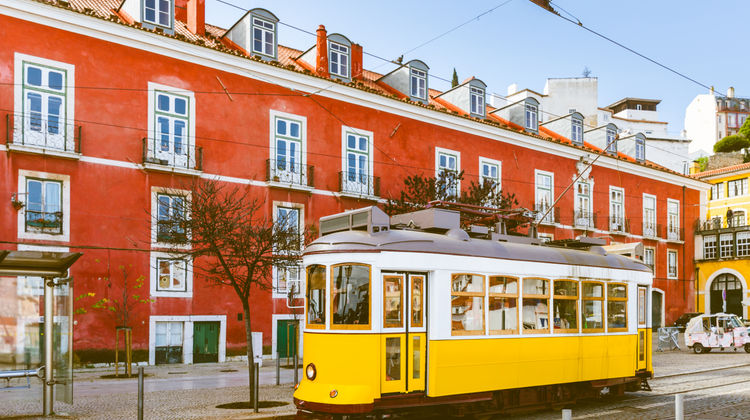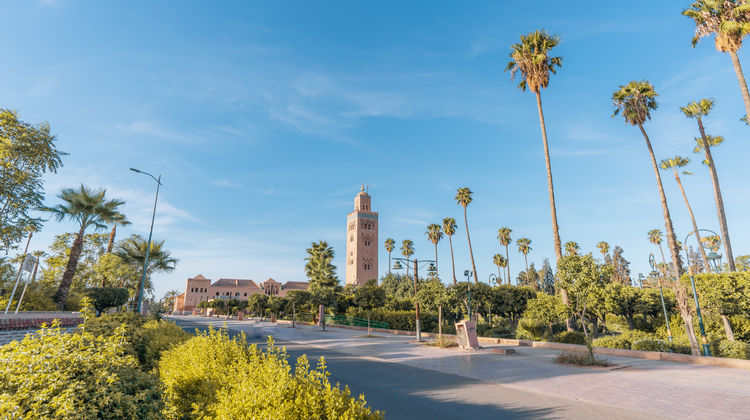Discover the Best Area to Stay in Lisbon: A Neighborhood Guide
Lisbon, the enchanting capital of Portugal, is a city of undeniable charm, steeped in history, culture, and a vibrant atmosphere that captivates visitors from around the globe. With its historic neighborhoods, stunning vistas, and culinary delights, Lisbon offers an array of experiences. However, choosing the best area to stay can greatly influence your experience.This guide is designed to help you navigate through Lisbon's most appealing neighborhoods, highlighting their advantages and disadvantages, to find the perfect fit for your vacation.
Dive into Lisbon's vibrant culture, rich history, and breathtaking landscapes with our curated selection of hotels, and book your stay here!
1. Baixa and Rossio (Downtown Lisbon): The Heart of the City
Situated at the heart of Lisbon, these neighborhoods are the perfect starting point for anyone wanting to dive into the bustling life of Portugal's capital. The central location of Baixa and Rossio is a major draw, placing tourists within walking distance of key attractions and transport links, which is invaluable for those looking to maximize their time exploring the city.
The areas are steeped in historical significance, offering visitors a chance to wander through streets lined with traditional architecture and monumental landmarks like the majestic Praça do Comércio and the lively Rossio Square. This historical charm provides a picturesque backdrop to every visit, allowing travelers to soak in the city's storied past while meandering through its present-day vibrancy.

Moreover, Baixa and Rossio are hubs for shopping and dining, with streets brimming with a variety of shops, cafés, and restaurants. This diversity caters to all tastes and budgets, ensuring that everyone can find something to suit their preferences, whether they're looking for local Portuguese crafts, international brands, or culinary delights ranging from traditional dishes to international fare.
However, the popularity of these central areas comes with its own set of challenges. The influx of tourists, especially during peak seasons, can lead to crowded streets, which might detract from the charm of exploring these neighborhoods. Additionally, the vibrant activity that makes Baixa and Rossio so appealing also results in higher noise levels. For visitors seeking tranquility, the bustling atmosphere could be a consideration, as the lively sounds of city life permeate through these neighborhoods.
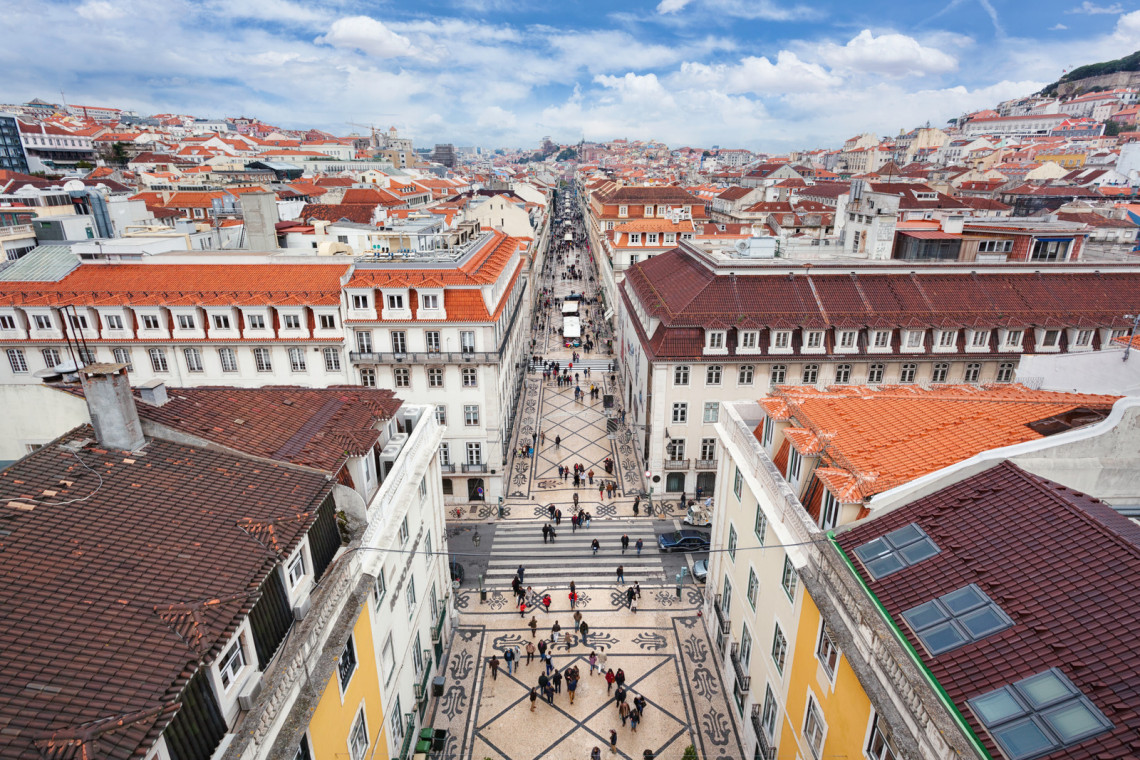
In essence, Baixa and Rossio embody the heart and soul of Lisbon, offering first-time visitors an unparalleled opportunity to experience the city's dynamic culture, rich history, and culinary delights. While the crowds and noise may be a factor for some, the benefits of staying in such a central and historically rich area often outweigh these drawbacks, making Baixa and Rossio a top choice for those looking to immerse themselves in the true Lisbon experience.
2. Alfama: The Soul of Lisbon
Alfama is renowned for its historical significance, home to some of Lisbon's most iconic landmarks, including the imposing São Jorge Castle, which offers breathtaking views over the city and the Tagus River. The district's medieval alleys, lined with traditional Fado bars and quaint local restaurants, invite travelers to experience the soulful sounds of Portugal's most famous musical genre in its natural habitat. This immersive cultural experience is complemented by the sight of locals going about their day, adding to the authenticity and charm of Alfama.
The district's architecture is a highlight, showcasing a blend of Moorish influences and traditional Portuguese styles, with colorful tile facades and intricate balconies adorning the ancient buildings. This architectural diversity not only serves as a backdrop for stunning photographs but also tells the tale of Lisbon's multifaceted history, from its early beginnings to the present day.
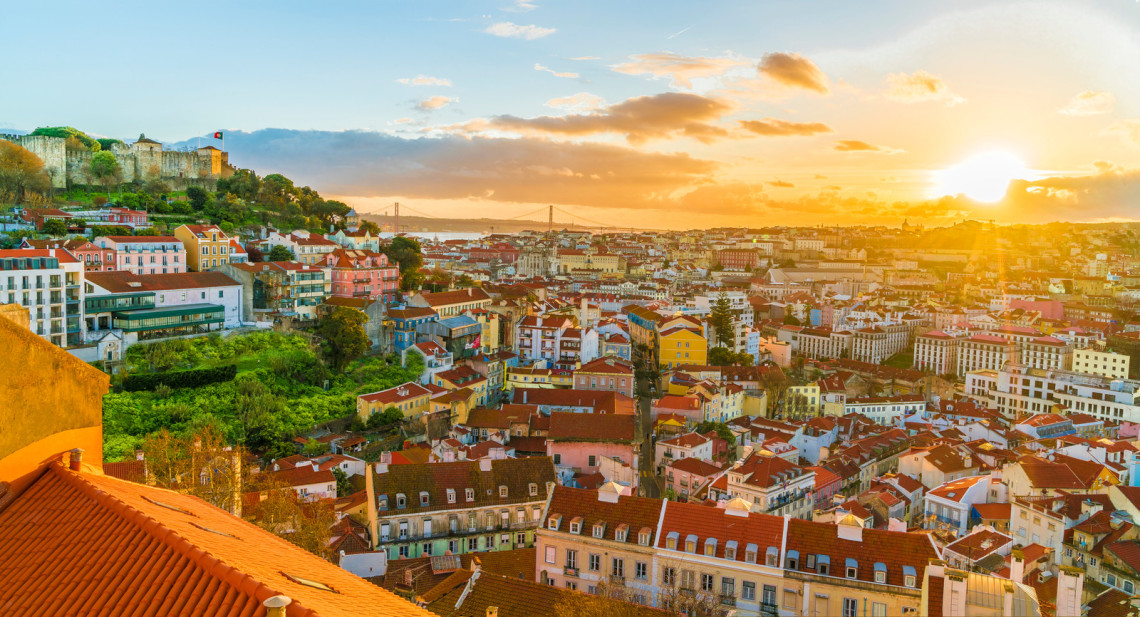
However, Alfama's unique layout and historical preservation come with considerations for visitors. The narrow, steep streets, while picturesque, can be challenging to navigate, especially for those with mobility issues. The district's popularity has also not gone unnoticed by tourists, and while it generally retains a more laid-back atmosphere than central areas, it can still draw crowds, particularly around major landmarks and during popular events like the annual Festas de Lisboa in June.
Moreover, the very features that give Alfama its charm, such as its old buildings and traditional establishments, mean that amenities might not always match those found in more modernized areas of Lisbon. Accommodations and restaurants often embrace the district's historic nature, offering experiences that are rich in character but may lack some modern conveniences.
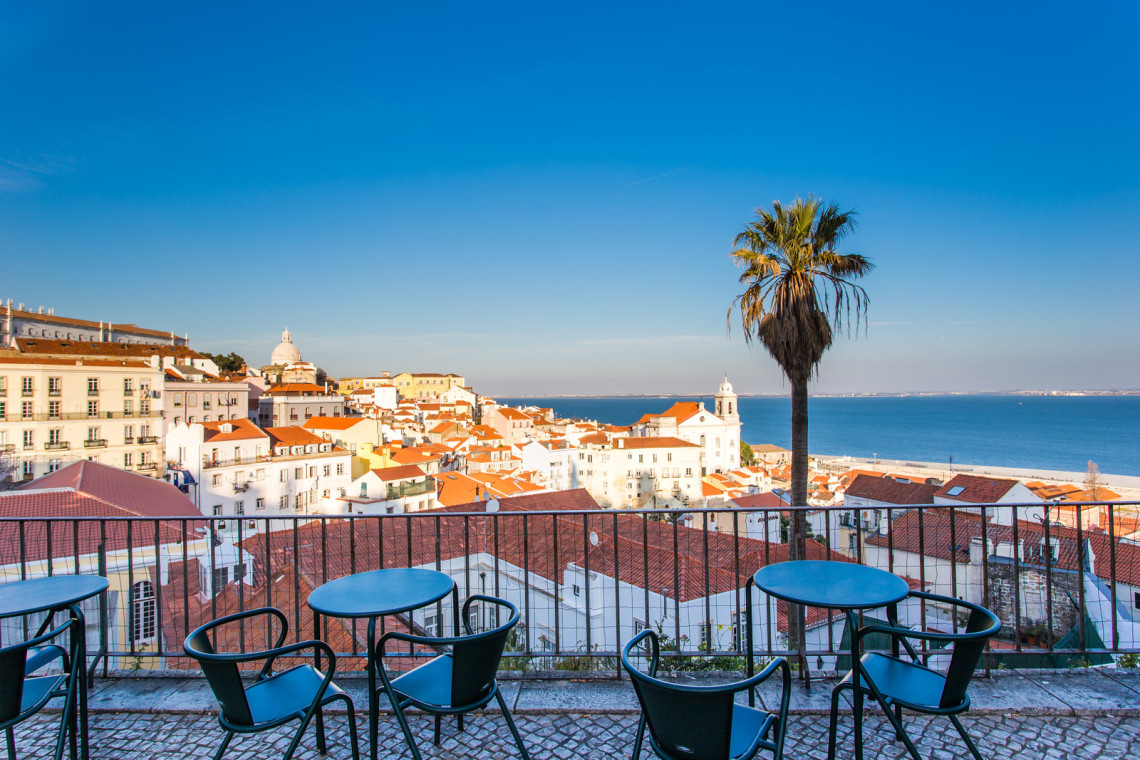
3. Bairro Alto and Príncipe Real: The Trendy Hubs
The cultural diversity of Bairro Alto and Príncipe Real is another hallmark, with the neighborhoods hosting a variety of cultural events, markets, and festivals throughout the year. These gatherings reflect the diverse and inclusive spirit of Lisbon, celebrating everything from traditional Portuguese festivities to international cuisine and arts. The Biológico Market in Príncipe Real, for example, is a testament to this diversity, showcasing organic produce and artisanal goods in a lively market setting.
However, the very aspects that make these neighborhoods so appealing can also present challenges for some visitors. The bustling nightlife results in higher noise levels at night, which may not be ideal for those seeking a quieter, more serene experience. Additionally, similar to Alfama, the terrain in Bairro Alto and Príncipe Real can be challenging to navigate, with steep streets and uneven pavements that may prove difficult for those with mobility issues or those simply unaccustomed to such conditions.
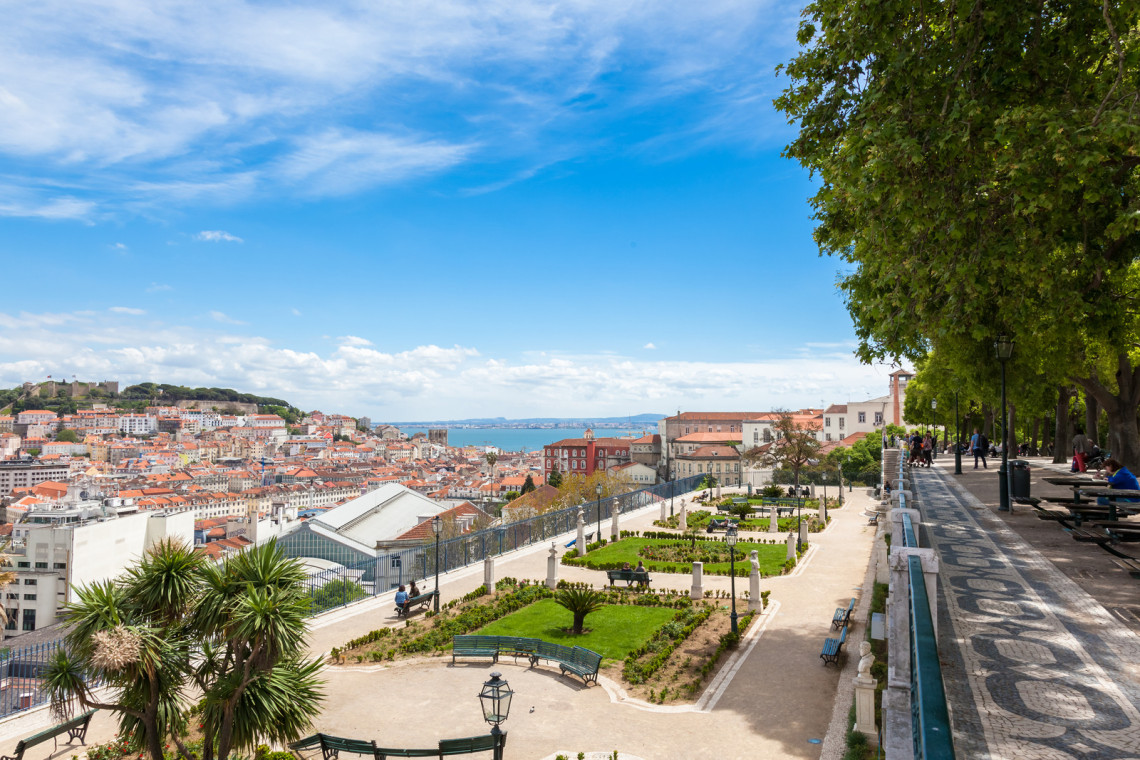
Despite these disadvantages, Bairro Alto and Príncipe Real remain emblematic of Lisbon's ability to offer a rich, multi-faceted urban experience. The blend of vibrant nightlife, bohemian charm, and cultural diversity makes these neighborhoods a must-visit for anyone eager to explore the depth and breadth of Lisbon's contemporary and traditional influences. Whether drawn by the promise of an energetic night out, the allure of unique shopping finds, or the vibrancy of cultural festivals, visitors to Bairro Alto and Príncipe Real are sure to leave with lasting memories of Lisbon's dynamic spirit.
4. Belém: The Historical and Cultural Sanctuary
Belém is renowned for its iconic landmarks and monuments that pay homage to Portugal's exploratory legacy. Highlights include the Jerónimos Monastery, a masterpiece of Manueline architecture, and the Tower of Belém, both UNESCO World Heritage Sites. These historic sites, along with the Monument to the Discoveries, offer a deep dive into Portugal's maritime past and are must-visits for history enthusiasts.
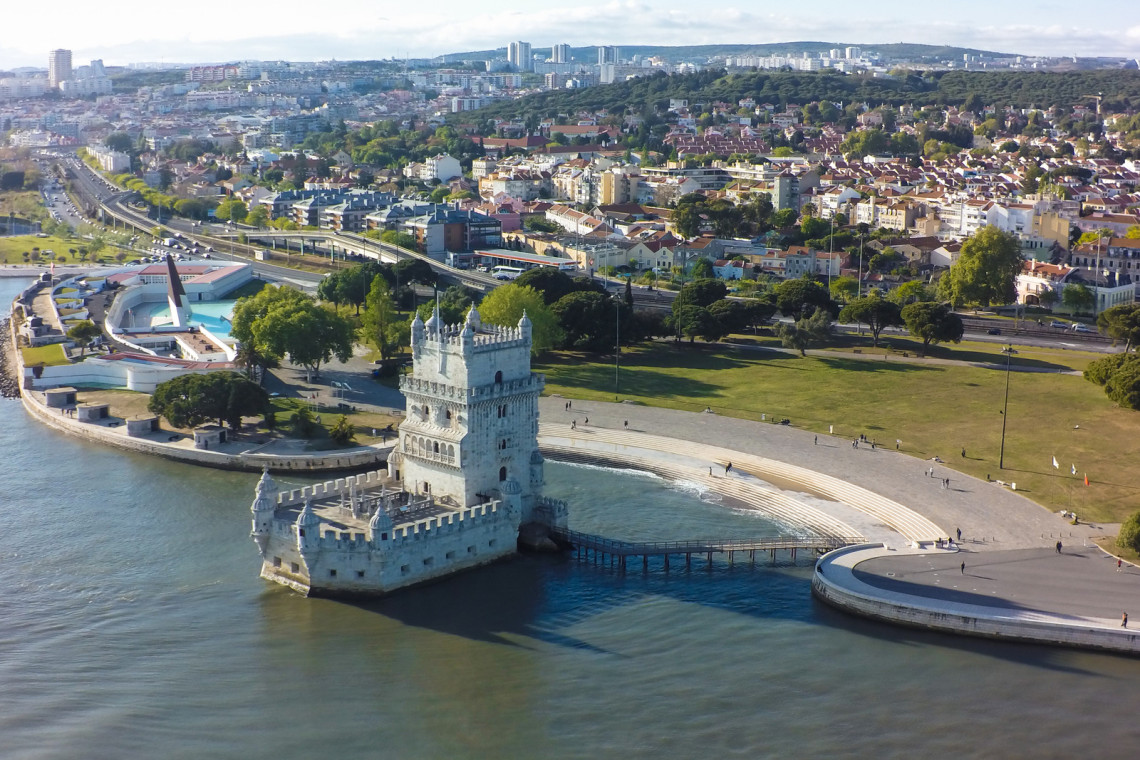
The district is also a cultural hub, home to the Berardo Collection Museum, which houses a significant modern and contemporary art collection. The MAAT – Museum of Art, Architecture, and Technology, adds a modern twist to Belém's cultural landscape, showcasing forward-thinking exhibits that blend art with technology.
While Belém's serene and culturally rich environment offers a retreat from Lisbon's bustling city center, it does come with considerations. The popularity of its landmarks means that these sites can get crowded, especially during peak tourist seasons, which might detract from the experience for those seeking solitude or a leisurely exploration.
Furthermore, Belém's location, slightly removed from the heart of Lisbon, means that visitors will need to plan for transport to this district. While well-connected by public transportation, the journey can be a consideration for those staying in more central neighborhoods who wish to minimize travel time during their stay.
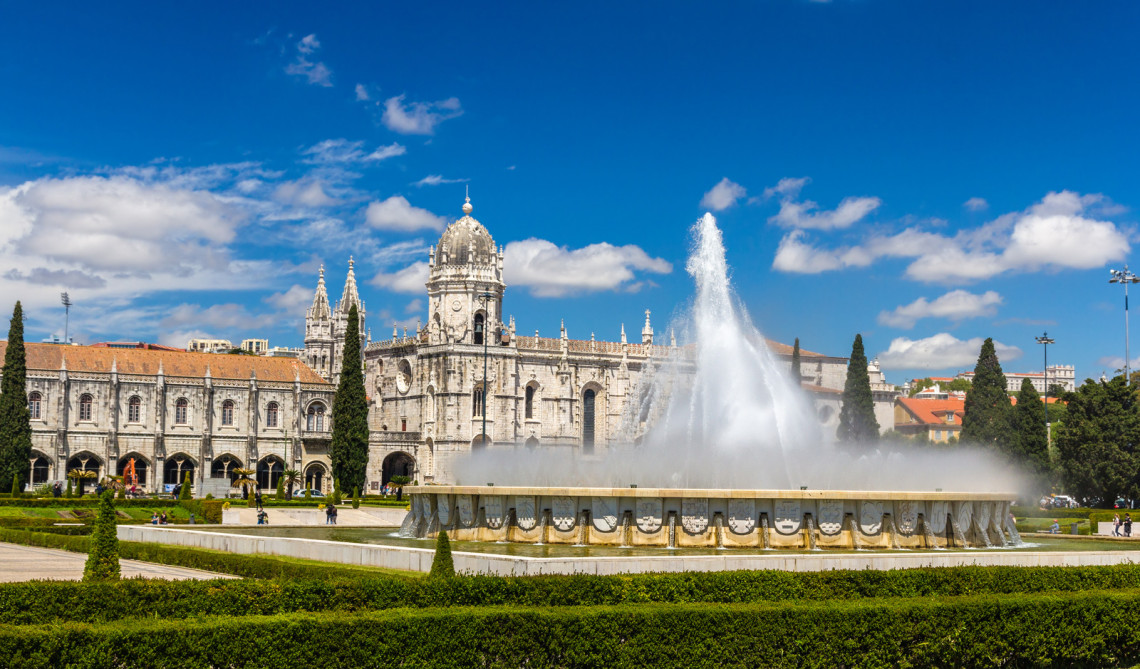
Making Your Decision
The best area to stay in Lisbon ultimately depends on what you seek from your visit. Whether it's the bustling downtown life of Baixa and Rossio, the historic charm of Alfama, the trendy vibe of Bairro Alto and Príncipe Real, or the cultural richness of Belém, each neighborhood offers a distinct flavor of Lisbon.
Consider your priorities: proximity to attractions, the desire for nightlife, interest in cultural experiences, or the need for tranquility. Lisbon's comprehensive public transport system, including trams, buses, and metro, makes it easy to explore beyond your neighborhood base.
By aligning your stay with your interests, you can ensure that your Lisbon experience is both memorable and tailored to your preferences. No matter where you choose to stay, Lisbon’s warmth, culture, and beauty are sure to make your visit an unforgettable journey!
Are you already in love with Portugal? Take a look at our stress-free packages that allow you to book your ultimate Portuguese adventure. All our packages are carefully curated by our team of local Portuguese experts so that you don't need to worry about any details - just enjoy your trip!






.jpg)

